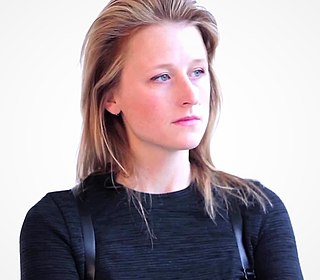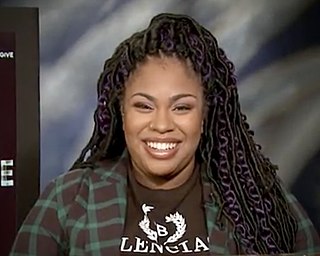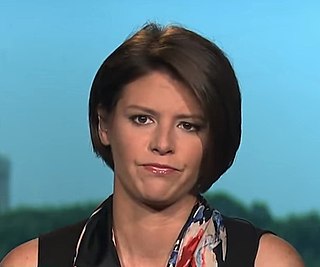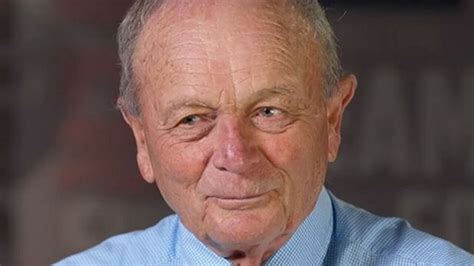A Quote by Lois Lowry
Kids have no sense of appropriateness. They can ask me whatever they want. You do develop a sense of intimacy with readers, and they tell you things about themselves. During a school year, I'll get e-mails asking about the books. I'll give them information, but I won't do their homework for them.
Related Quotes
I always tell people, "There's a book on everyone." I get some of that book before I do anything. If I want to deeply understand someone's reputation, I'll talk to their friends, their former bosses, their peers, and I'll learn a lot about them. I want them to be trusted. I want them to be respected. I want them to give a s - -. Then there are the intangibles: physical and emotional stamina, the ability to confront issues. I can ask all I want about those things, but I also have to see a lot of it.
Our whole goal is really to create a culture of accountability. Because for a very long time, ending sexual assault has been on the backs of survivors. And it's really up to everyone to be part of the solution. It's really about not creating a culture of awareness. It's something I often tell parents of kids who are going off to college: It's about asking those hard questions when your kids are applying to school and encouraging them to ask about their rights, to ask about their resources.
A picture is what it is and I've never noticed that it helps to talk about them, or answer specific questions about them, much less volunteer information in words. It wouldn't make any sense to explain them. Kind of diminishes them. People always want to know when something was taken, where it was taken, and, God knows, why it was taken. It gets really ridiculous. I mean, they're right there, whatever they are.
People who are just starting out are always sort of coming to me for advice as the example of "independent girl," and lots of people ask, well, how did you get the booking agent or the national distribution or the tours? And I look at them like, "Good lord! Relax!" I mean, how I did it was to not care about it and to not even think about it for years and years. All I thought about was getting the next little gig in the little bar, and I get this sense that people want me to give them the secret formula or the magic trick to make it all happen.
Every year, I speak to our new associates and give them this advice, although in my own words. 'This isn't like school,' I tell them, 'where you want to get your hand in the air and give an answer quickly. The only grade here is 100. Deadlines are important, but at Blackstone you can always get help in meeting them.'
For me, the biggest thing I've learned is how to be myself and the fact that viewers actually want to feel like they're getting to know you as a person. They value you because you're a reporter and you're bringing them new information, but they also want to feel like they get a sense of your sense of humor and what things you're interested in.
People will ask me, "How do you approach writing books for young readers differently than for adults?" My answer is always: I don't change anything about the story itself. I'm going to tell kids the way things really were. What I don't do - and this is the only thing I do differently in writing for kids - is that I don't revel in the gory details. I allow readers to fill in the details as necessary. But I don’t force kids to have to digest something they’re not mature enough or ready for yet. If they are, they can fill in the details even better than I could, just with their imaginations.






































